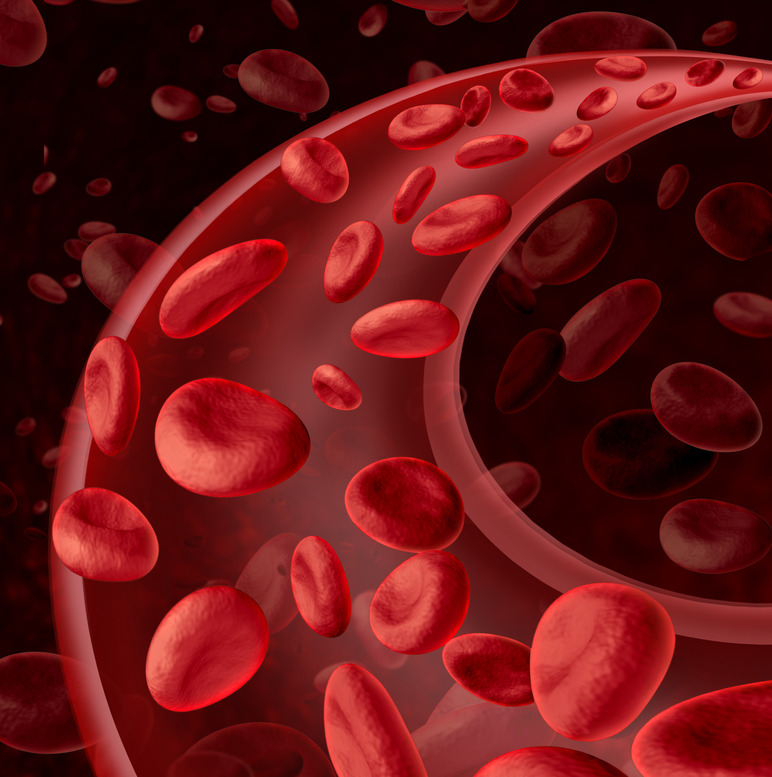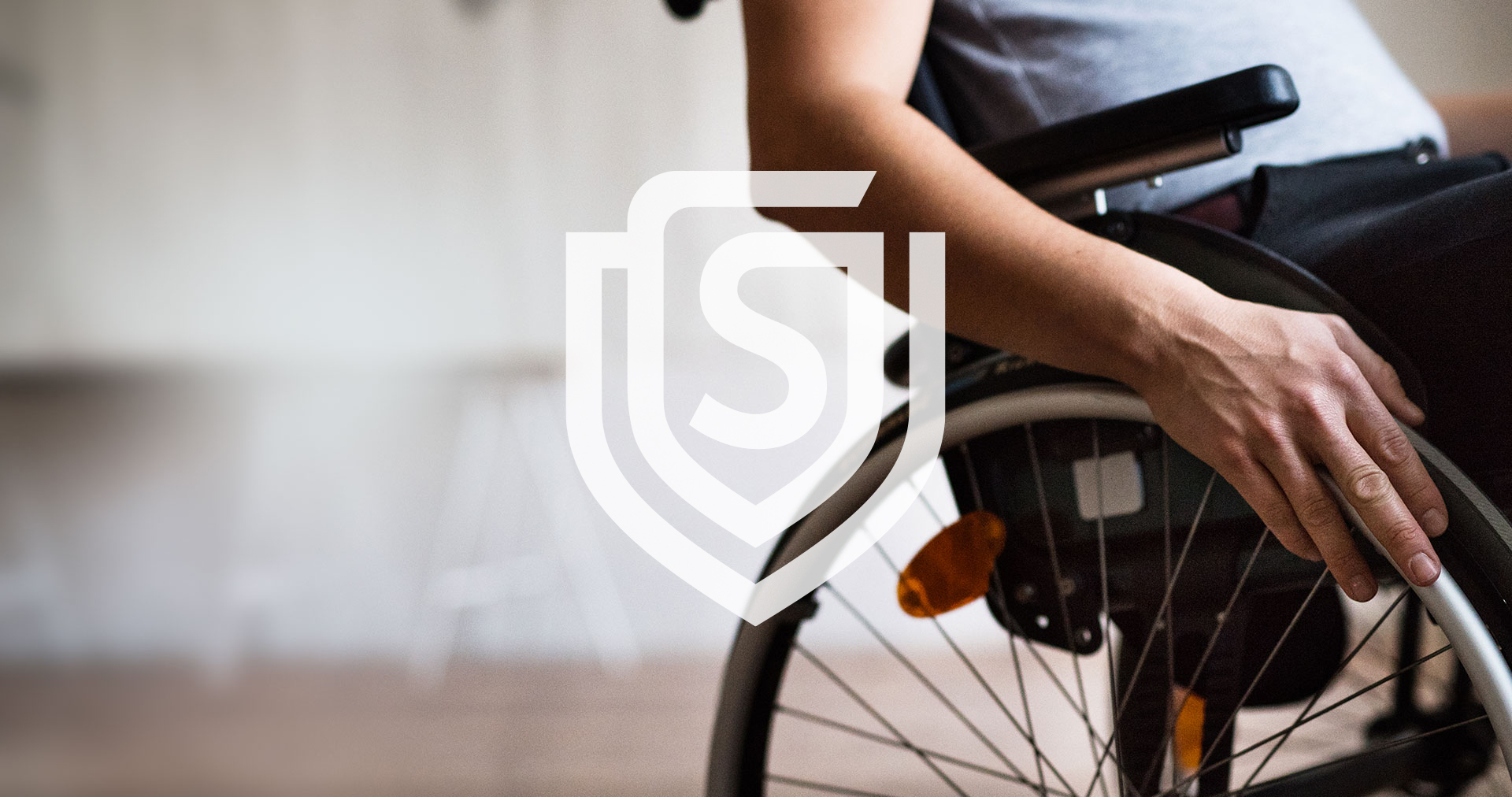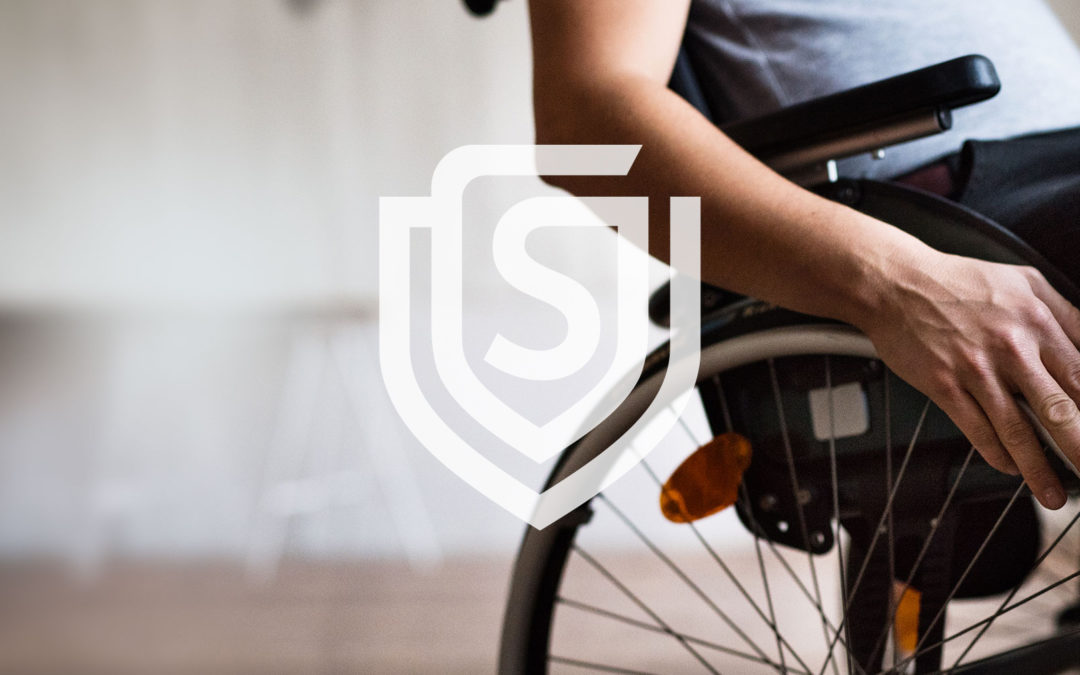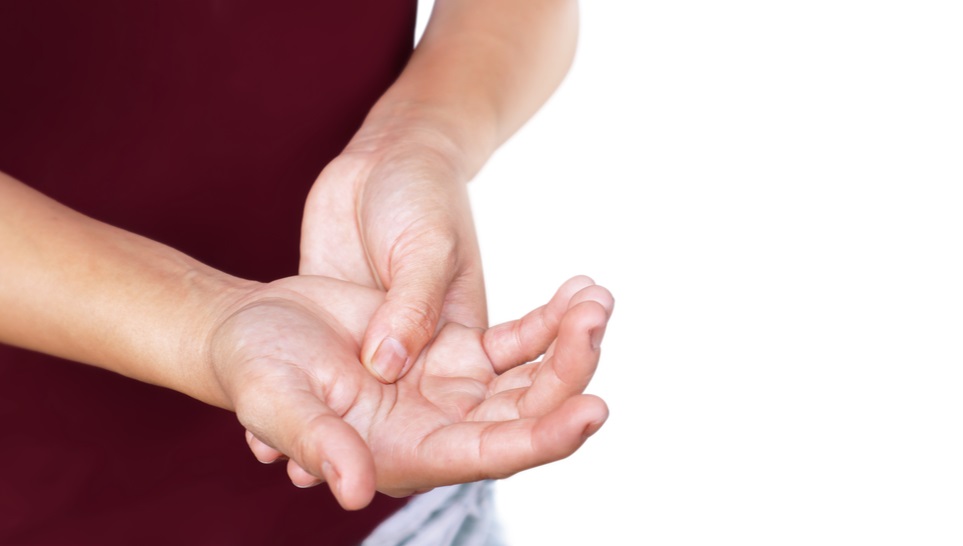
Kawaskai disease targets children. While still poorly understood, Kawasaki disease is known to related to autoimmune disorders. The symptoms of Kawasaki disease include: fever, rash, swollen hands and feet, irritation and redness of the whites of the eyes, swollen lymph glands in the neck, irritation and inflammation of the mouth, lips and throat.
Scientists who’ve studied it think the evidence strongly suggests it’s caused by an infectious agent such as a virus or a vaccine. It’s very rare for more than one child in a family to develop Kawasaki disease. Less than 2 percent of children have another attack of Kawasaki disease.
Kawasaki disease can hurt blood vessels and the heart. The coronary arteries are most often affected. Part of a coronary wall can be weakened and balloon (bulge out) in an aneurysm. A blood clot can form in this weakened area and block the artery, sometimes leading to a heart attack. The aneurysm can also burst, but this rarely happens. Other changes include inflammation of the heart muscle (myocarditis) or the sac surrounding the heart (pericarditis). Arrhythmias (abnormal heart rhythms) or abnormal functioning of some heart valves also can occur.
If your child suffered from fever that lasts one to two weeks, extremely red eyes (conjunctivitis), an extremely red, swollen tongue, swollen, red skin on the palms of the hands and the soles of the feet, swollen lymph nodes in the neck shortly after receiving a vaccine then we may be able to help. Contact our vaccine injury lawyers for a free legal consultation today at 1-800-810-3457 or Get Help Now!





